- Home
- slideshows
- miscellaneous
- Elon Musk might be doing some weird stuff - but that's nothing new for the car business
Elon Musk might be doing some weird stuff - but that's nothing new for the car business
Enzo Ferrari

Henry Ford II
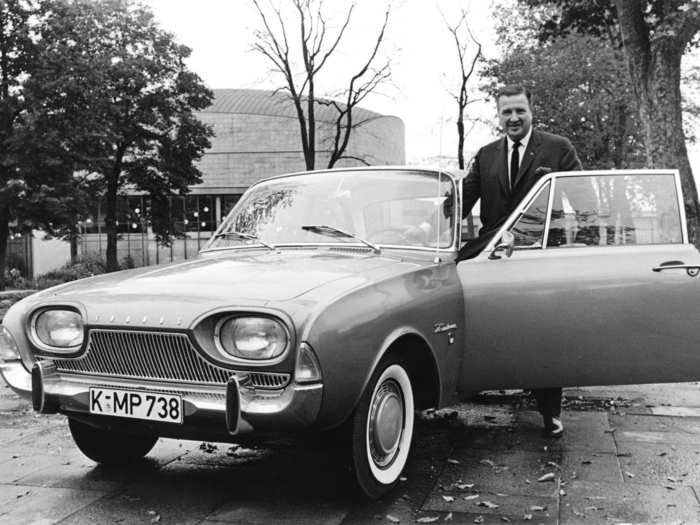
"The Deuce" was Ford founder Henry Ford's grandson, a fun-loving scion who hadn't been expected to take over the family business when he was thrust into the big job in 1945. Right away, he had to contend with gun-toting, union-busting Henry Bennett (Henry II armed himself for a brief period in the early 1940s).
Later, he tried to buy Ferrari, but was rebuffed by Enzo Ferrari. The Deuce was so enraged that he spent massive amounts of money to beat Ferrari at the 24 Hours of Le Mans in 1966 (Ferrari had dominated Le Mans).
The Deuce wasn't exactly a paragon of marital faithfulness. He was married three times, the second to his mistress and the third to another mistress after he married his first mistress. For the record, he was arrested for drunk driving in 1975, with his mistress who would become wife number three.
"Never complain, never explain," he said at the time.
Colorful, right? It's worth noting that despite all this, Henry Ford II effectively rescued Ford from midcentury ruin and turned it into a carmaker that, according to a 1978 New York Times profile by Lally Weymouth, sold $29 billion worth of cars in 1976.
Lee Iacocca
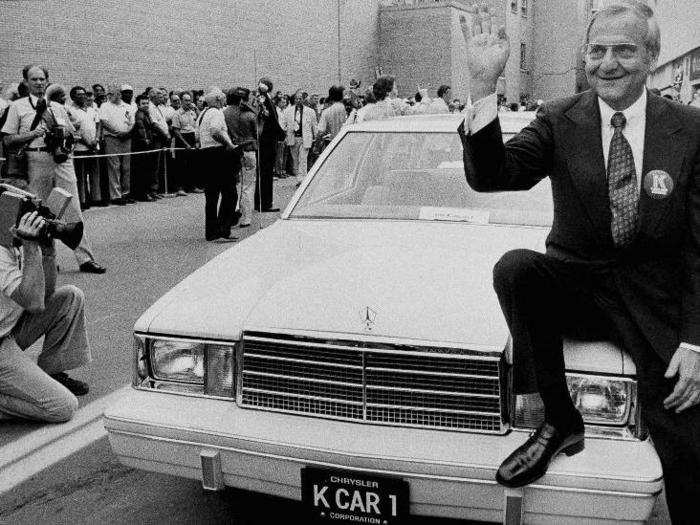
A profane, cigar-chomping sales genius who gave American the Ford Mustang in the 1970s, Iacocca engineered a government rescue of Chrysler in the late 1970s and returned it to strength in the 1980s.
Along the way, he cursed through plumes of stogies on his way to creating the minivan.
He was married three times — and divorced three times.
In the 1980s, however, when computers still filled rooms and Silicon Valley was farmland, Iacocca was considered the greatest businessman in the country.
Sergio Marchionne
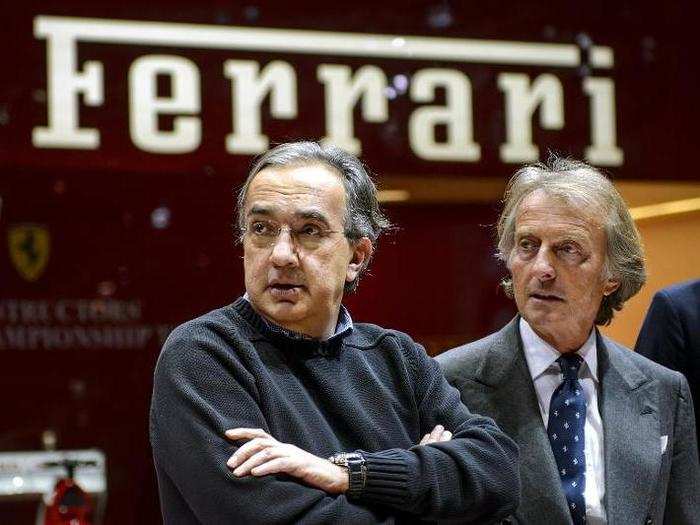
The late CEO of Fiat Chrysler Automobiles was an outspoken workaholic who slept very little, and when he did, he slept on private jets shuttling from Detroit to London to Italy to wherever FCA-owned Ferrari was competing in Formula One.
He was also a chainsmoker who chugged espresso to fuel his mania for excellence and loved driving Ferrari's so fast that he wrecked one.
After the financial crisis and Chrysler's bailout and bankruptcy in 2009, he convinced the Obama administration to give him $6 billion to merge Chrysler — then a basket case — with Fiat and take the problem off the government's hands.
By the time Marchionne died unexpectedly in 2018, he has turned FCA into a $27-billion company.
John DeLorean
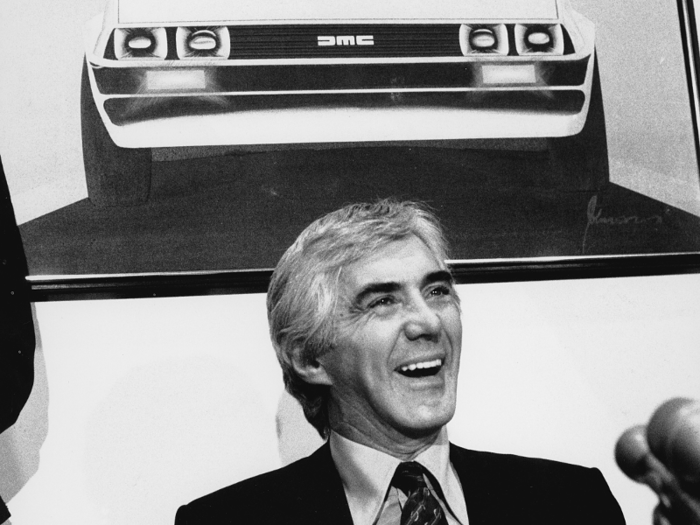
DeLorean was the most flamboyant executive in the history of the auto industry, a 1970s icon who shook up staid General Motors when he ran the Chevy division. Not the stuffy boardrooms of Detroit for DeLorean — he hung with the "Me Decade's" Hollywood elites.
He was also married four times.
DeLorean is remembered for two things: automotive vision and a coke bust. He founded the DeLorean Motor Company, who DMC-12, with its stainless-steel body, was owned by Johnny Carson and served as the time machine in "Back to the Future."
When DMC struggled financially, DeLorean was busted by the FBI for his role in a cocaine-selling scheme (he eventually beat the charges against him). The company was dissolved and closed its Irish factory.
Despite all that, he's also remembered as a person to have the crazy ambition to create a new carmaker — and nearly pull it off!
Gianni Agnelli
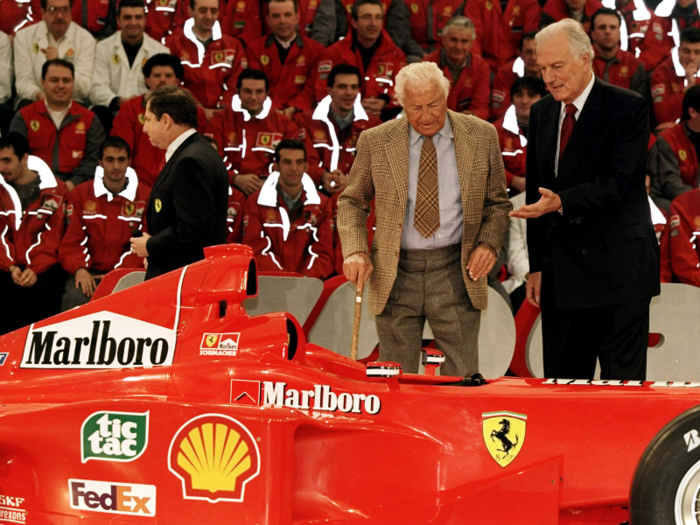
Agnelli oversaw Fiat during the Golden Years of its Italy's postwar recovery.
He became one of the most successful and admired men in Europe, as legendary for his guidance of Fiat — which became emblematic if the Italian industrial economy — as for his influential personal style.
He was married once, to an Italian noblewoman, but linked to numerous women through his lifetime.
He was hardly a paragon of morality, and Italy forgave him and revered him regardless. Without him, there would be no Fiat as we know it
Popular Right Now
Popular Keywords
Advertisement